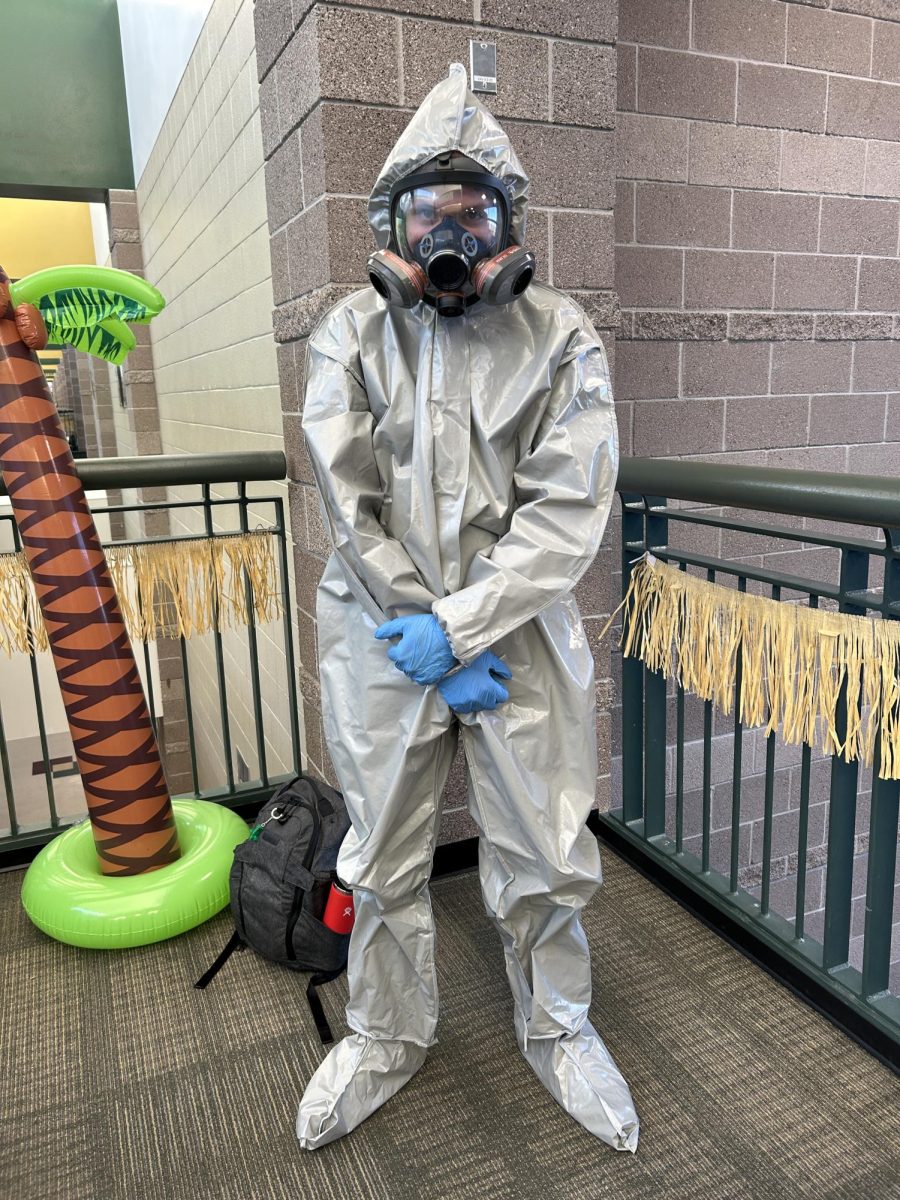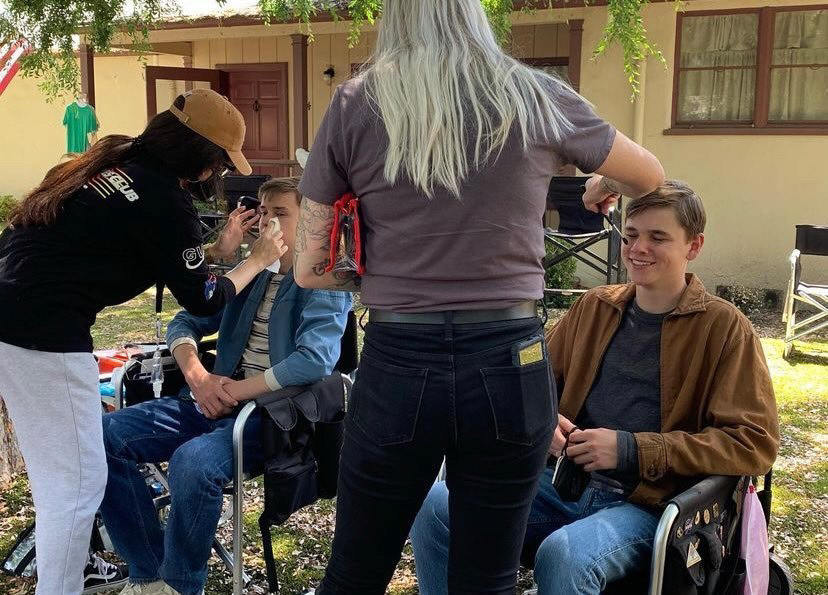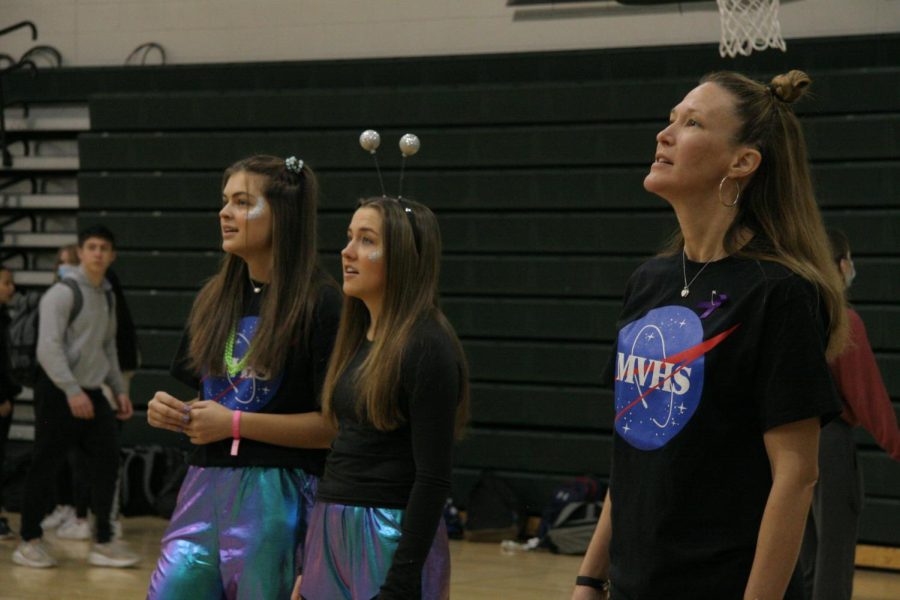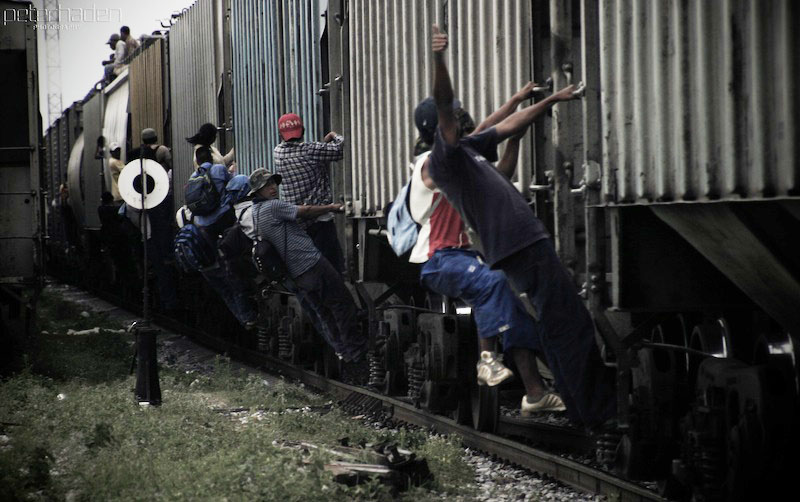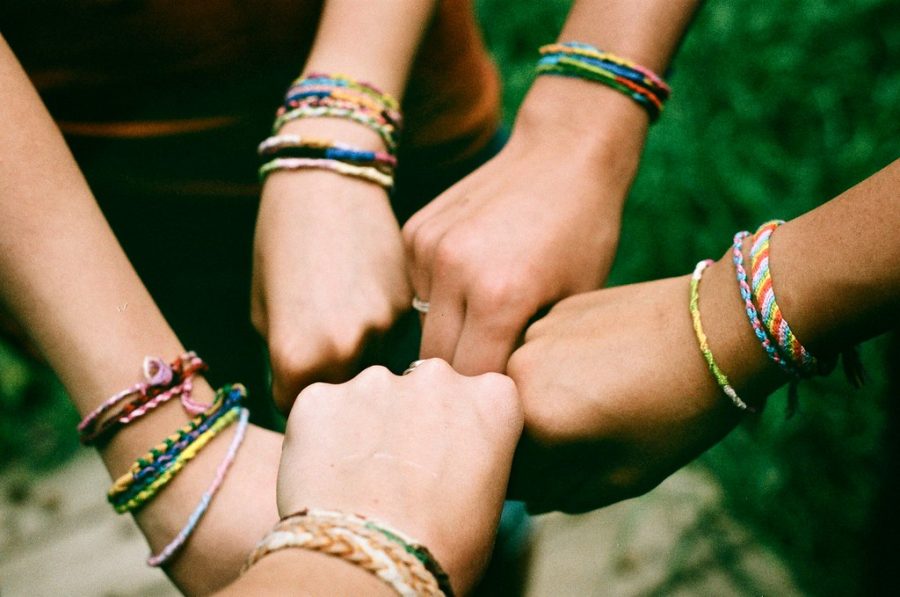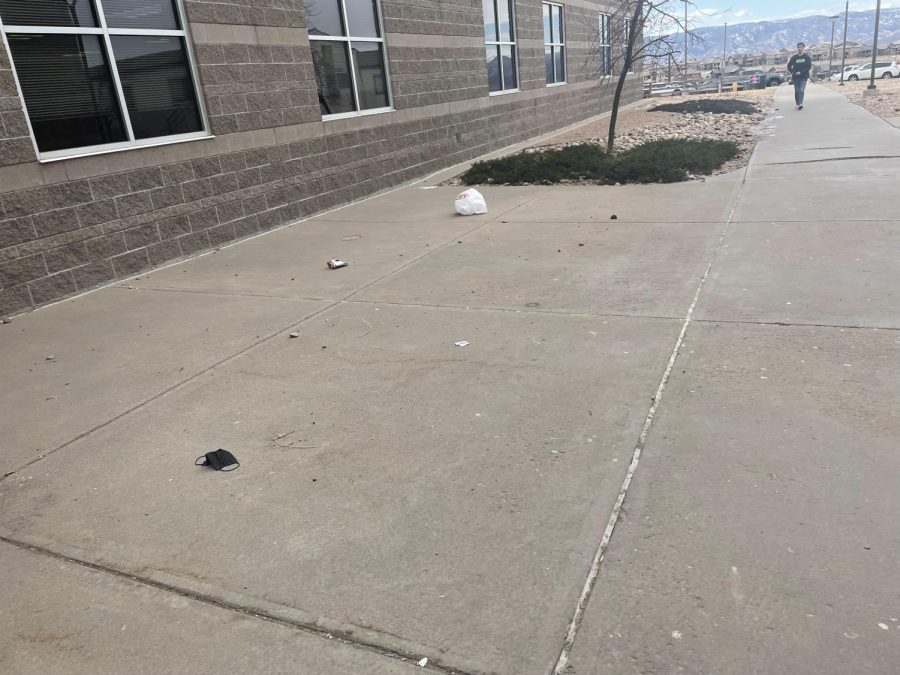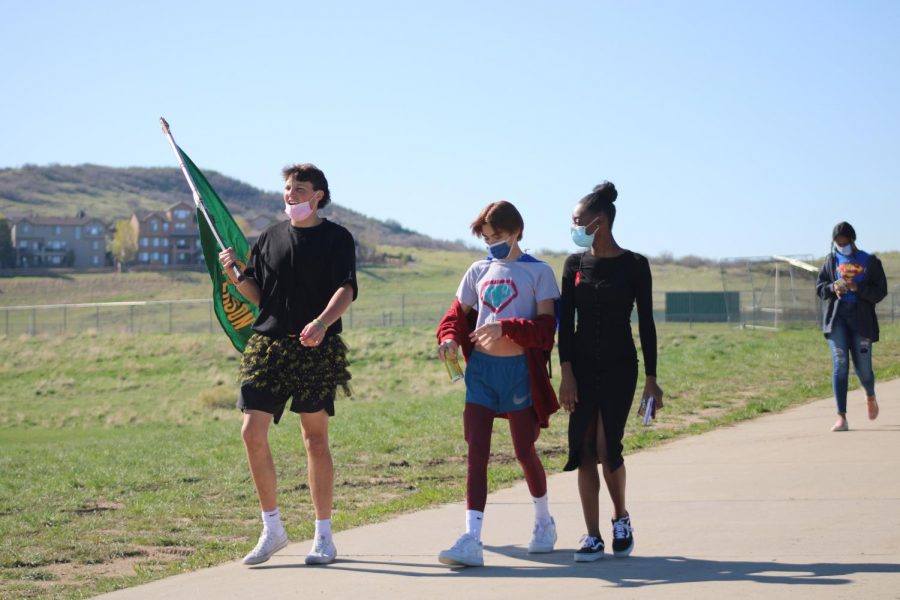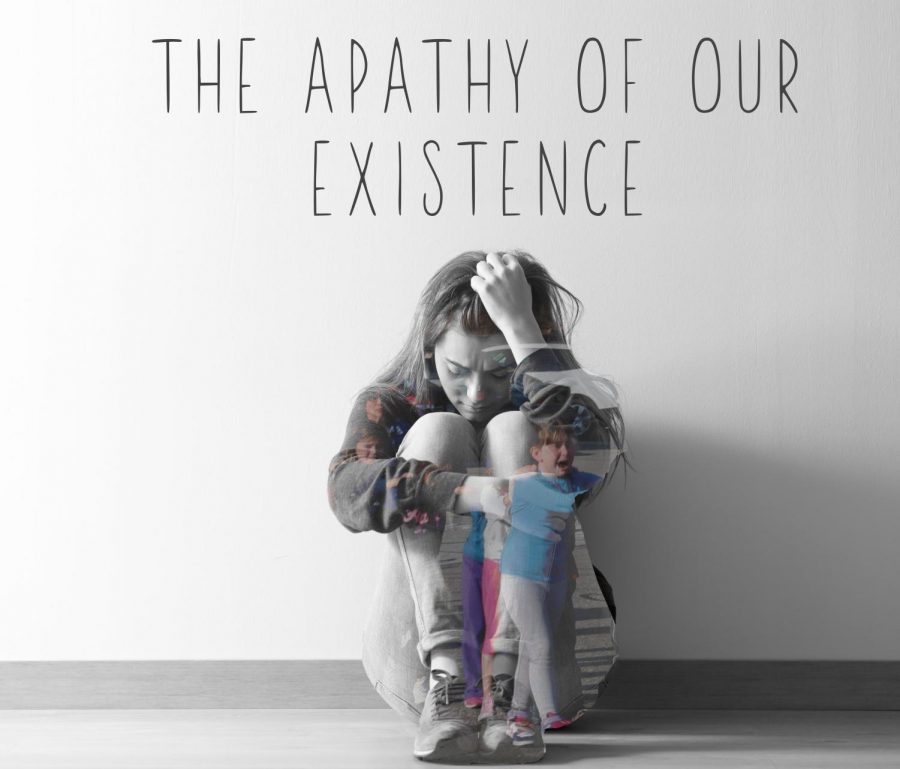Opinion- The Apathy of Our Existence
//MANDIRA GOWDA//
It’s a Friday evening. The television switches on, and voices immediately erupt from the screen, already in the midst of informing their audience of all the wrong-doings of the world. The noise fills your ears as the harsh, biased truth rings in your head, and the headlines that flash before your eyes only get more burdensome and overbearing.
Another Stranding in Georgia Leaves 15 Whales Dead. Mom Sentenced in Deaths of 2 Girls Banished by Cult. Famed Songwriter, Producer Dead at 43. Man Jumps in Front of Subway Train With Daughter, 5. The stories dart by quicker. Another gun incident. Another murder. Another natural destruction. Maybe an occasional “hero” story.
You switch off the TV.
You find it increasingly pointless to watch the news. After all, what can you do about it? It’s a high chance that you are not a Congress legislator, a major crimes detective, or the CEO of a company. It’s probable that you’re in no place of power…so why should you care about what goes on in the world?
You turn a blind eye to all of it and put on the face of apathy.
Then, the world catches fire, and you burn right along with it.
The major issue with society today is not these global problems themselves but the overarching apathetic attitude that most of humanity carries with them as they face said problems. When in the face of looming danger, they will simply glance at it and move on – more so if these problems do not affect them directly.
For example, with broader subjects such as climate change, people often disregard them with a detached outlook. Alessandra Potenza, the Deputy Science Editor at the Verge, writes in an article, “A lot of people think that we won’t bear the brunt of climate change until 2050 or 2100, and that other parts of the world will be affected, not the US, not their state, their city, or their community.”
This grand mindset of “If it’s not happening to me, I won’t change it” plagues society.
And if it plagues one country, it plagues the entire world.
That said, not every problem on this planet is ignored. It is just the issues that are too big and too impersonal to grasp that are.
CNN reporter Mel Robbins weighs in on the apathy towards the issue of mass shootings and gun violence in an article, declaring that, “Until gun violence impacts your family directly, you won’t care enough to do something about it.” He relates the problem back to other issues Congress and the general public have addressed, such as opioids and cancer, saying, “Everyone knows someone who has been diagnosed with cancer. That’s why we give a damn about solving the problem of cancer. Virtually everyone knows someone who has died of an opioid overdose. That’s why we care enough to declare it a public health crisis.”
See, if you are someone who lives in a place you can call home, with a roof over your head, steady access to food and clean water and a group you can call family, what are the chances you are going to care about poverty or starvation? It has most likely never affected you or anyone near you. You have probably never felt the pangs of hunger or the struggle to have a penny to your name.
You are going to lean back on a couch with a TV remote in one hand and a phone in the other and think of the problems that don’t affect you for maybe thirty minutes. Then you will turn the TV on and forget what privilege is.
Keep up that apathetic and impersonal attitude, and there will be a day when these problems slam on your front door and break it down.
There will be a day when you turn on the news and realize what you have missed.
The Great Barrier Reef has been Officially Declared Inhabitable. Over 90% of the Schools in America have Experienced a School Shooting. Only 16 Countries Worldwide Have No Visible Air Pollution. The headlines flash by quicker. Another murder. Another failing economy. Another natural destruction. There are no “hero” stories now.
You switch off the TV.
You realize all the small things you could have done to help prevent the downfall of the global empires. Donate $50 a month to different charities to help environmental distress. Organize and participate in activist protests. Incorporate your beliefs into everyday life and spread them in your community.
Now, when the world catches fire, it’s beyond saving.

